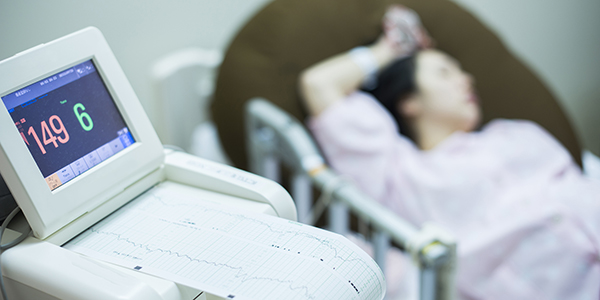Risk Factors for Premature Labor
Some risk factors have been associated with a higher chance of premature labor. Just because you have some risk factors doesn't mean that you'll experience preterm labor. But you should be aware of what to watch out for and when to get help. Review the following risks factors with your healthcare provider so they can monitor you and adjust your prenatal care if necessary.

Possible risk factors for premature labor:
- Abdominal surgery during pregnancy or a cervical cerclage (a stitch placed in your cervix)
- Carrying more than one baby
- Becoming dehydrated
- Being a DES (diethylstilbestrol) daughter (If your mother took this medication during pregnancy to help prevent miscarriage, you are considered a DES daughter. DES has been linked to a shortened cervix.)
- Domestic violence. Find help now.
- Excessive amniotic fluid
- Extreme emotional or physical stress
- A history of cervical changes and/or frequent uterine contractions before 33 weeks in a previous pregnancy
- A misshapen uterus
- More than two second trimester miscarriages or elective abortions
- Premature labor or delivery during a previous pregnancy
- A previous cone biopsy or LEEP (procedures to diagnose or treat cervical changes after abnormal Pap test results)
- Recurring bladder or kidney infections
- Serious infections with fever (over 101°F) during this pregnancy
- Smoking more than 10 cigarettes a day. Get help quitting.
- Unexplained vaginal bleeding after 20 weeks of pregnancy
- Using recreational drugs, such as cocaine or amphetamines. Find support.
Your care team is here to support you, whether your risk factors are medical or environmental. Discuss any concerns you have and reach out right away if something doesn't feel right.
Support at Every Step
From conception to delivery, our pregnancy and childbirth providers put you first.




